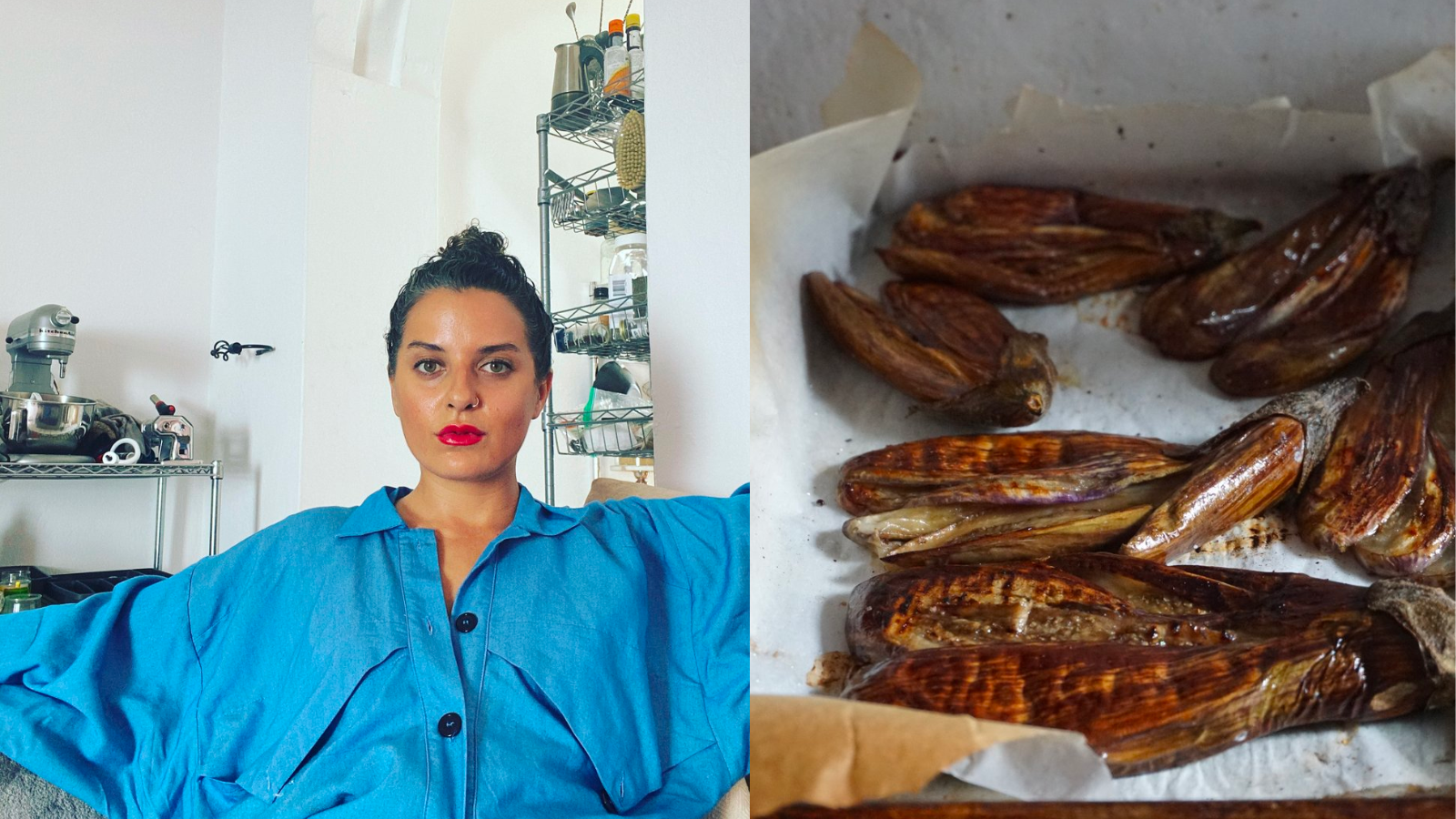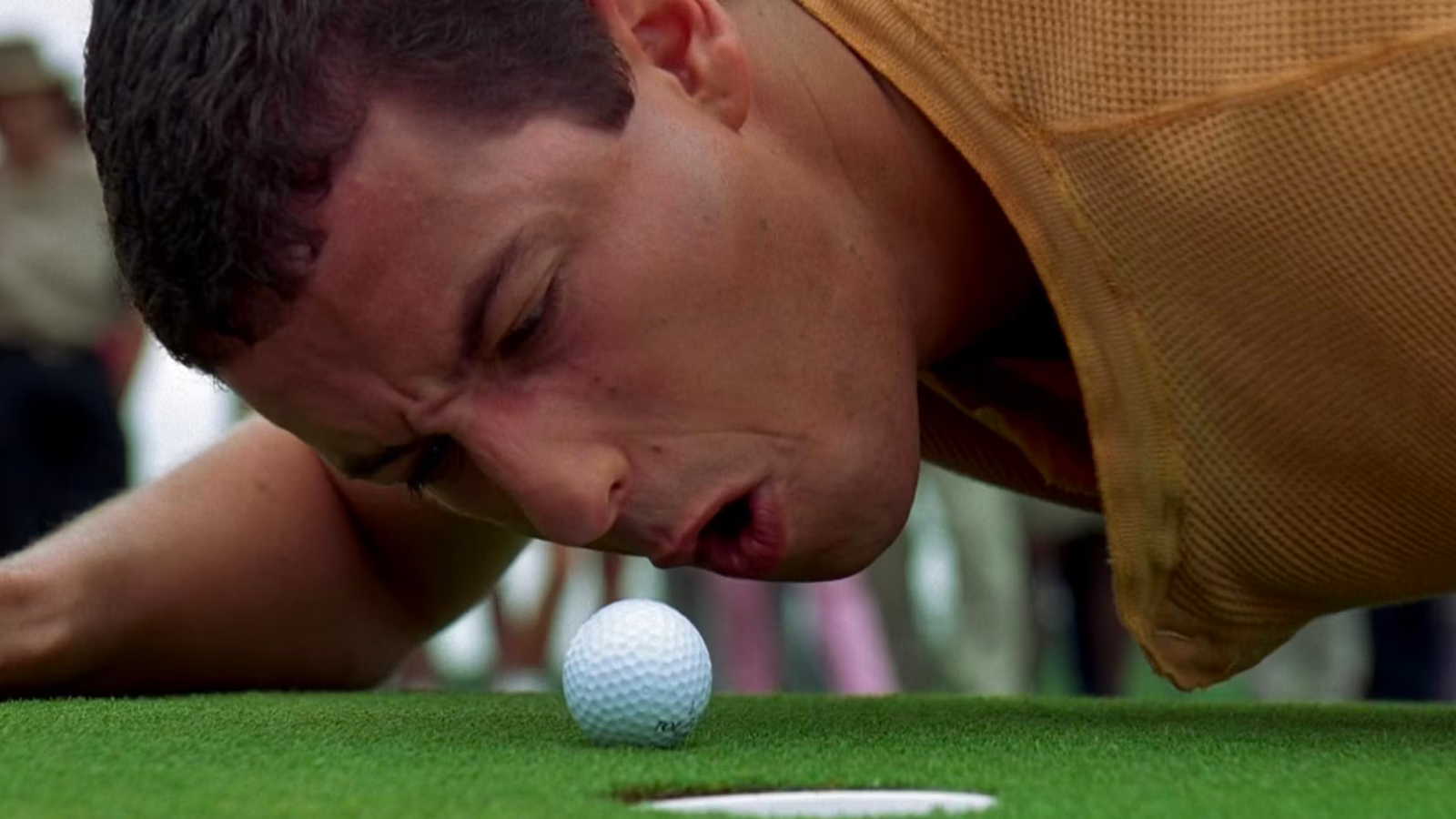- Studio Dirt
- Posts
- Nothing Special
Nothing Special
A Q&A with author Nicole Flattery.

Caitlin Quinlan talks to Nicole Flattery about fictionalizing Warhol’s Factory.
Andy Warhol is said to have loved a tape recorder he acquired in 1965 so much, he nicknamed it ‘my wife’. The device became a key artistic tool for him, a way of capturing the scene he was so influentially embedded in while simultaneously keeping it at a crucial distance. The recorder, like a camera, became a kind of sensory buffer—there he was, watching and listening to the world through a thin line of celluloid, or magnetic tape, to keep him safe. One outcome of Warhol’s tape recorder obsession was the book a, A Novel, composed entirely from the transcription of several tapes featuring the artist and many of his Factory regulars, particularly actor Robert Olivo, known as Ondine. Olivia Laing, in her book The Lonely City, describes a, A Novel as “a celebratory tour de force of idle and unintelligible language, around which loneliness hovers like a sea mist.”
It was Laing’s book that first introduced the Irish writer Nicole Flattery to the novel and the details of its creation. Flattery, a fiction writer who published the short story collection Show Them a Good Time in 2019 and whose accolades include the White Review Short Story Prize, took inspiration from the making of a, A Novel to craft her debut novel, Nothing Special. The transcription of Warhol’s text was carried out by four young women, including Maureen ‘Moe’ Tucker of the Velvet Underground and two high school students. Every mistake or typo they made, every incorrectly identified voice, was kept in the final work; their mark on the book was indelible, yet Warhol’s name, of course, graced the cover. “It was the idea that these four women could work on something and then never be mentioned, that it never be seen as their product ever, which I found to be a really sad and relevant idea right now,” Flattery says. “The idea that you can engage in some kind of creative work and that it could mean so much to you, and then your name isn't on the book.”
In Nothing Special, through narrator Mae and friend Shelley, Flattery imagines the life of the high school typists who are pulled into the Factory’s orbit and spat out again just as quickly. Mae’s teenage longing for experience, of any kind, propels her lonely coming-of-age in this environment of flashy, bitter glamour, where her perception of who she is, or who she could become, is warped by the colossal personalities around her. The distance the tapes offered Warhol is an obstacle to Mae, whose desire to get closer and closer to his world defines her late adolescence.
I spoke with Flattery about perceptions of worth and coolness in girlhood, Warhol’s longevity as a cultural figure, and how her novel subverts the mythology of 1960s New York.


The dirtyverse is full of mushrooms. But which one best matches your personality?! Take the quiz, then buy one of our '90s-inspired shroomy baby tees.

THE BOOKSHELF
|

